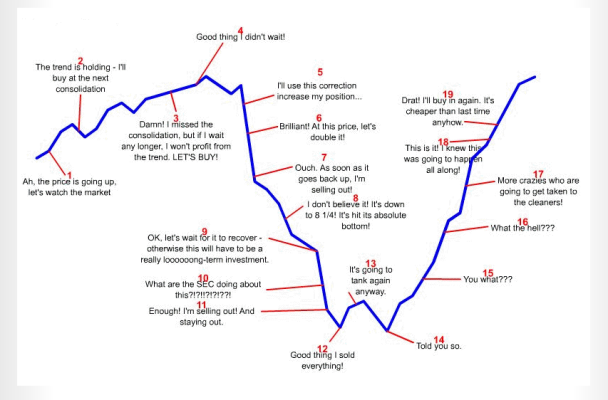How many of you have decided this information means a higher stock market and have or are moving funds into stocks?
Being retired, the question I have is do I "cash out" some of my annual gains (while much less in value than Jan 1, 2007, much higher than their purchase price over the last 25+ years).
I normally do my portfolio adjustments in December, after the annual distributions are made. I don't buy into equities (as I did during my work*ing years, but just sell off perceived profits to add to my retirement cash bucket).
While my target for my retirement gross income cash bucket is 3-5 years, it has dropped to a bit over 2 years due to not selling anything the last two years (e.g. I still have all my shares, plus re-invested distributions).
The question is should I sell now, wait till December (to take this year's profits) or possibly wait another year till the market may return and at least show a slight positive return over Jan 1, 2007?
If I look over my 3-5 year fund returns, in many funds I do have a positive return; however my returns since Jan 1, 2008 are negative.
While I have enough income for a couple of more years without selling anything, should I sell since the market is on a bit of a run?
Sometimes, having money is more difficult than not having money, since the game is to retain your assets, rather than build them

.
Just another POV...



 .
.